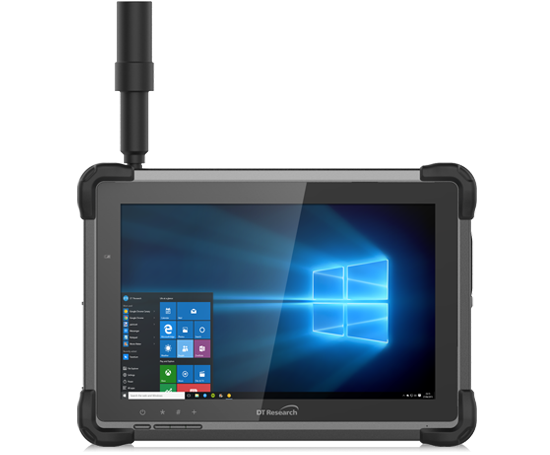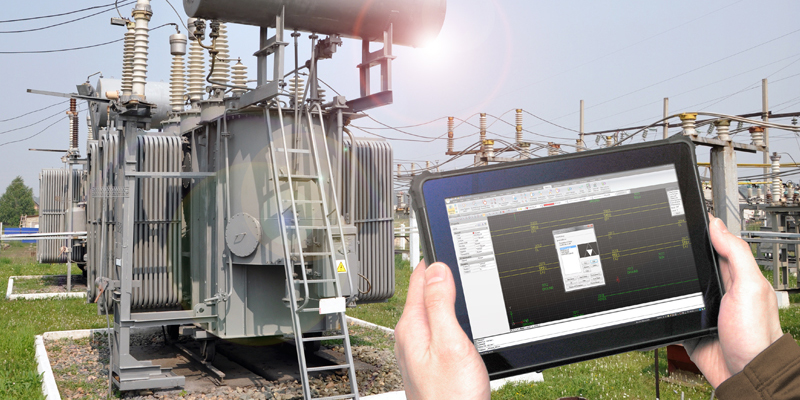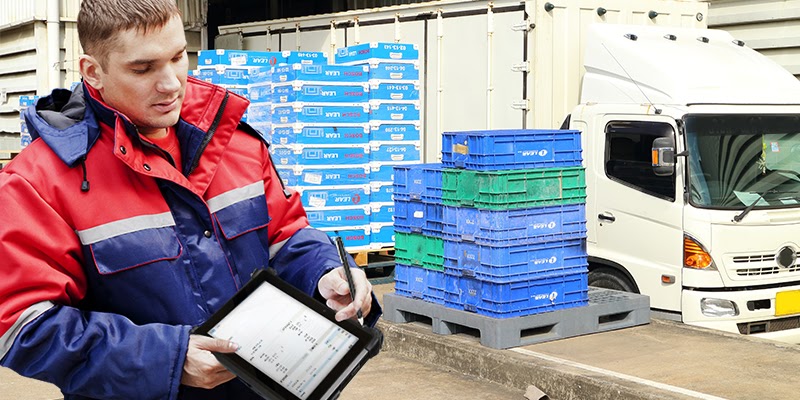
It is the duty and responsibility of public safety workers to protect and aid the wellbeing of the community. This industry includes medical and health professionals, law enforcement officers, emergency management directors, paramedics, and medical technicians, who have taken an oath and carry the duty to protect and serve their neighborhoods. Their roles and responsibilities range between a variety of daily activities to ensure their community is safe, to protect citizens, ensure peace, and provide a sense of security to their neighborhoods.
Continue reading “3 Focus Areas of Rugged Tablets for Public Safety Officials”




